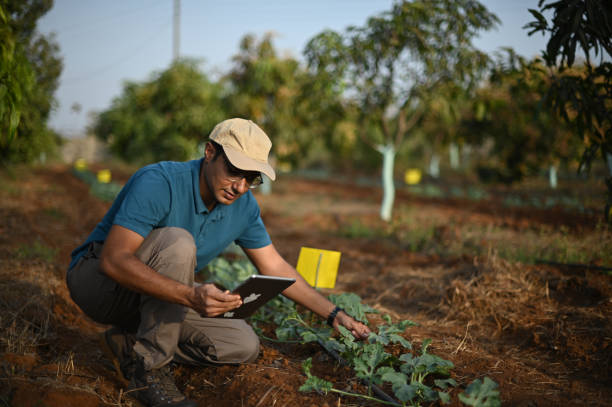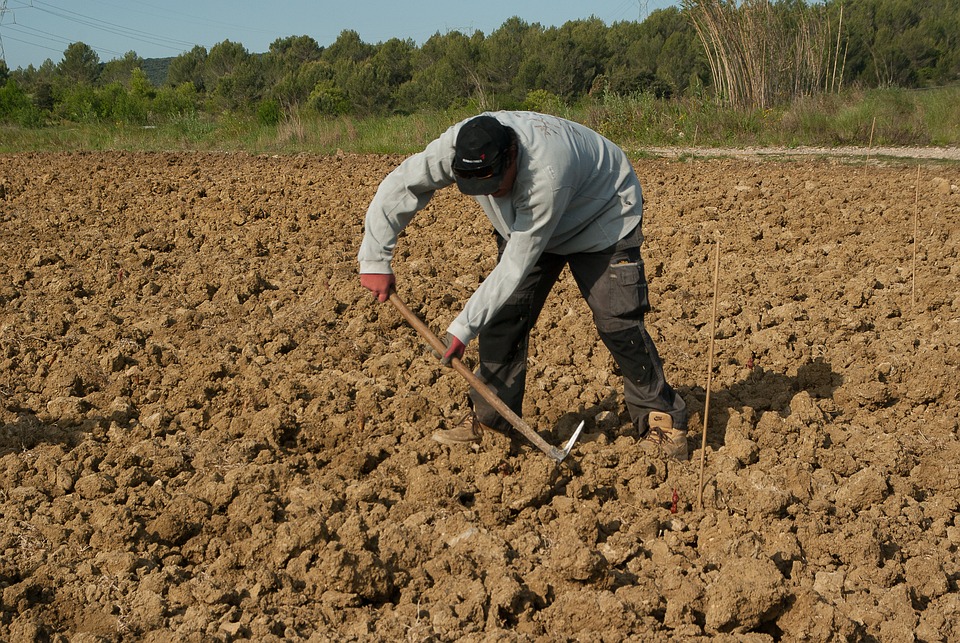Farm incomes across England faced a significant downturn last year, driven by extreme weather events and drastic policy changes.
The Department for Environment, Food and Rural Affairs (Defra) reported that income dropped for nearly all farm types, with cereal farms hit hardest, showing a 73% decrease.
Dairy farms and lowland-grazing livestock farms also faced steep declines, while only specialist pig and poultry farms saw slight improvements.
Flooding and unseasonable weather, exacerbated by climate change, submerged crops and disrupted harvests.
These challenges highlight the increasing vulnerability of agriculture to climate breakdown.
Experts argue that sustainable farming practices and government support are critical to guiding these challenges.
However, government policies have added to farmers’ woes. Cuts to the EU-derived basic payment scheme and reductions in subsidies have created financial uncertainty.
The promised gradual transition to post-Brexit nature-friendly farming schemes did not materialize as planned. Instead, abrupt cuts have left farmers struggling.

For instance, a farmer who previously received £62,000 may now only get £7,200—a massive blow for those already operating on slim margins.
Despite these cuts, some progress has been made. Agri-environmental activities offered a small boost, with income from these initiatives increasing by 14%.
However, many farmers, like Olly Harrison from Liverpool, believe that greater investment in technology and sustainable practices is necessary to secure food self-sufficiency and environmental benefits.
Farmers have voiced their frustrations through protests and advocacy.
Industry leaders emphasize the need for fair prices, equitable trade policies, and recognition of farmers’ contributions to public goods like flood defenses and biodiversity restoration.
As Martin Lines of the Nature-Friendly Farming Network put it, “Working with nature and investing in landscapes is crucial to ensuring food security amidst extreme weather events.”
While the government has pledged £5 billion over two years for sustainable food production, critics argue that confidence among farmers remains low.
Moving forward, a collaborative approach between policymakers and the farming community will be essential to balance food security, economic viability, and environmental protection.

